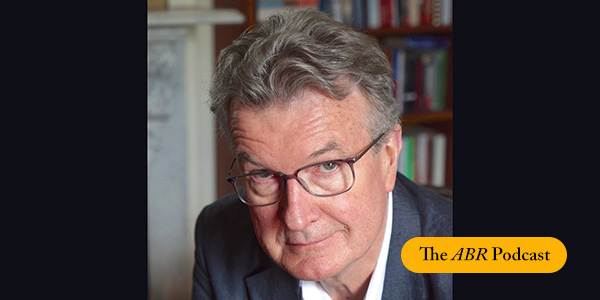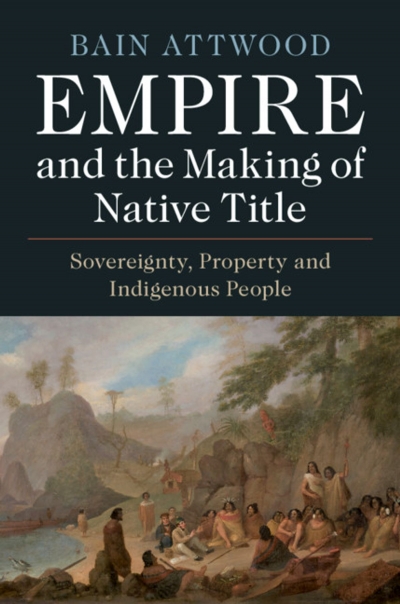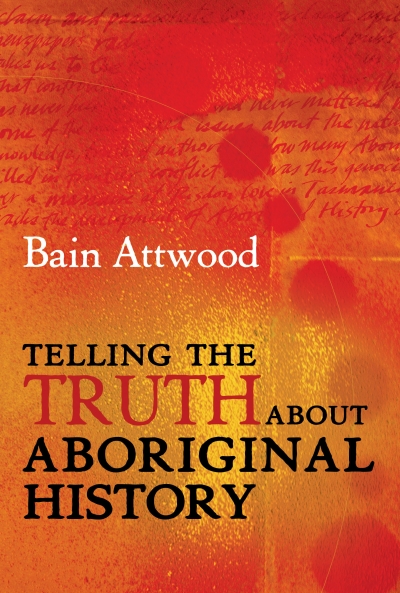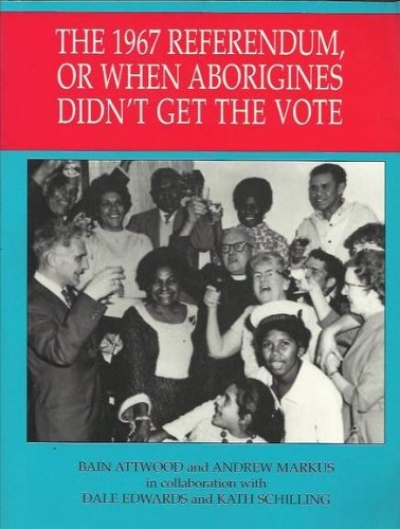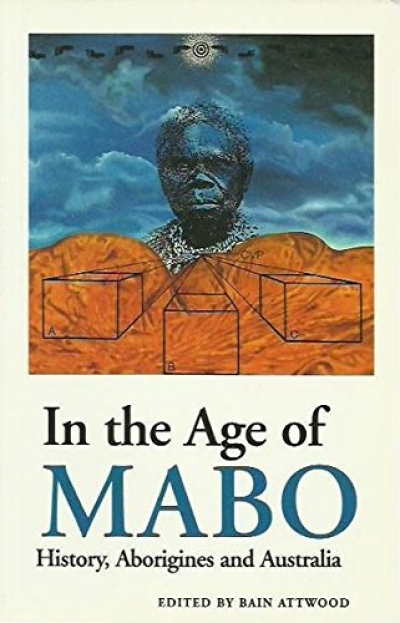Accessibility Tools
- Content scaling 100%
- Font size 100%
- Line height 100%
- Letter spacing 100%
Bain Attwood
The ABR Podcast
Released every Thursday, the ABR podcast features our finest reviews, poetry, fiction, interviews, and commentary.
Subscribe via iTunes, Stitcher, Google, or Spotify, or search for ‘The ABR Podcast’ on your favourite podcast app.
Episode #184
It might be … P is for Peter, physician, patient, poet
By Michael Shmith
In this week’s ABR Podcast, Michael Shmith reviews a memoir from poet, novelist, librettist, and Adelaide GP Peter Goldsworthy. The book’s title is The Cancer Finishing School. Shmith begins by observing that doctors aren’t supposed to become incurably ill, before immediately recognising this as the useless delusion of a patient. Michael Shmith is a Melbourne-based writer and editor whose most recent book is Merlyn, a biography of the widow of Sidney Myer. Listen to Michael Shmith’s ‘It might be …: P is for Peter, physician, patient, poet’, published in the April issue of ABR.
Recent episodes:
Empire and the Making of Native Title: Sovereignty, property and Indigenous people by Bain Attwood
Telling the Truth About Aboriginal History by Bain Attwood
The 1967 Referendum, or When the Aborigines Didn’t Get the Vote by Bain Attwood and Andrew Markus with Dale Edwards and Kath Schilling
Adam Shoemaker reviews 'In the Age of Mabo: History, Aborigines and Australia' edited by Bain Attwood
Some of Australia’s most cogent historical analyses grow out of particular social moments: the close of World War II, the accession (and dismissal) of the Whitlam government, the bicentennial celebrations and protests of 1988. The High Court’s Mabo decision of June 1992 is just such a moment and it is no surprise to find another book which focuses on the aftermath of that landmark decision. Interestingly, In the Age of Mabo is also just as strongly the product of a certain time and political space: the 1991–96 prime ministership of Paul Keating. It is this framework which gives this varied collection of essays its sense of historical occasion; it is also this political underpinning which renders at least one of the contributions nearly obsolete.
... (read more)
